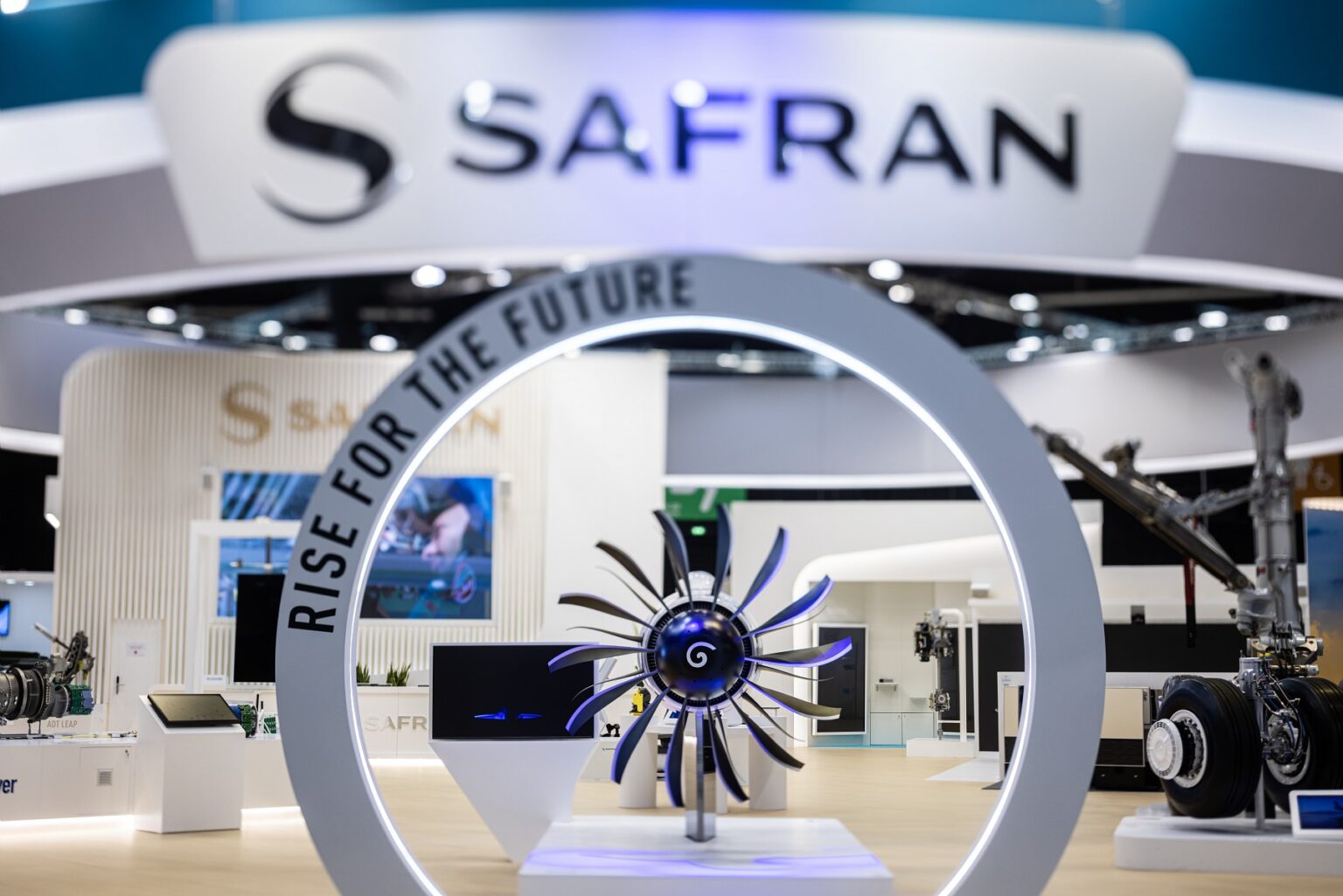French aerospace company Safran has proposed remedies to obtain European Union antitrust approval for its $1.8 billion acquisition of Collins Aerospace’s flight control business, according to an update on the European Commission’s website.
The EU competition authority, which has not disclosed the details of the proposed concessions, has extended its review deadline from March 21 to April 4.
Regulatory Scrutiny and Potential Concerns
The acquisition, which would strengthen Safran’s foothold in next-generation aircraft systems, has attracted regulatory scrutiny due to potential market concentration risks.
One of the primary concerns is whether Safran’s acquisition will lead to excessive market dominance in actuation and flight control systems, particularly in relation to competitors like UTC, Moog, and Honeywell. The European Commission has sent questionnaires to competitors and customers to evaluate whether the deal could give Safran an unfair advantage.
Key Issues Under Review
- Potential Market Dominance: The deal will be examined to determine if Safran gains excessive control over horizontal stabilizer trim actuators (HSTAs) and thrust reverser actuation systems (TRAS), which are critical for aircraft performance and safety.
- Conglomerate Effects: Regulators will assess whether Safran could leverage its expanded portfolio to disadvantage competitors, such as by restricting access to key inputs or bundling products in an anticompetitive manner.
- Divestiture Requirements: Safran has already taken preemptive action by agreeing to sell part of its North American HSTA business to U.S. aircraft parts maker Woodward. This move aims to address regulatory concerns and improve the chances of approval.
Regulatory Landscape and Timeline
The European Commission and the UK’s Competition and Markets Authority (CMA) are conducting parallel reviews and are expected to coordinate any required remedies. The EU’s Phase I decision is due by April 4, while the CMA’s decision deadline is April 16. Should regulators identify significant concerns, an in-depth investigation could extend the approval process by up to four months in the EU and six months in the UK. However, the CMA has recently committed to streamlining merger reviews, increasing the likelihood of a Phase I clearance.
Strategic and Competitive Implications
Safran’s acquisition of Collins’ flight control and actuation business aligns with its strategy to strengthen its position across major aircraft platforms, including those of Airbus, Boeing, and military programs. The transaction would allow Safran to provide end-to-end actuation solutions, enhancing its competitiveness against American aerospace giants.
The deal also comes at a time when European policymakers are advocating for stronger domestic aerospace and defense industries. Given the geopolitical context, it is unlikely that EU regulators will block the transaction outright. However, targeted remedies, such as small divestitures in THSAs or other flight control systems, remain a possibility.
